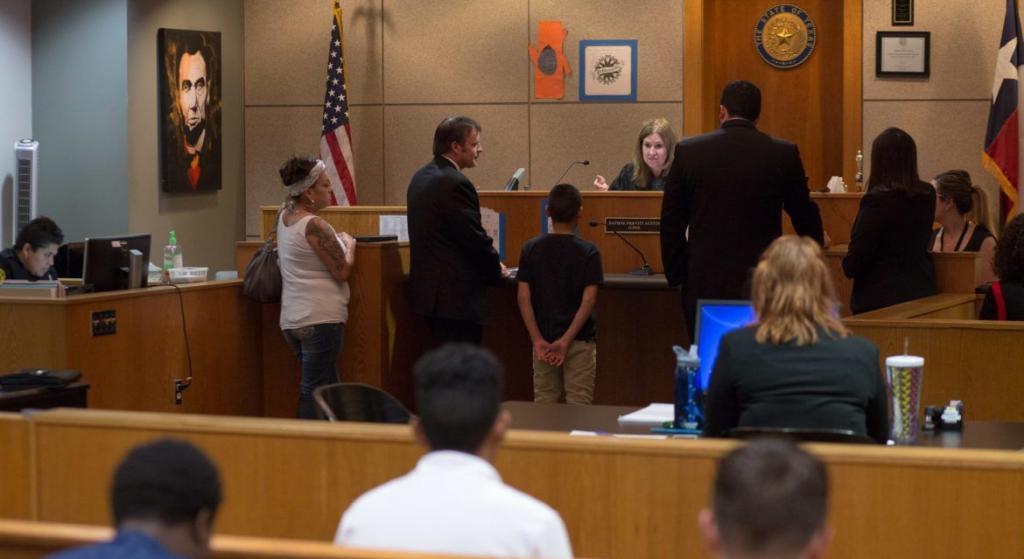In 1899, the first juvenile court was established in Cook County, Illinois after years of activism and efforts by a group of Chicago politicians, lawyers, and activists. Before the juvenile court was established, children were subject to the same treatment as adults. They were handcuffed and taken to the police station where they would spend a long, traumatic night.
The next day, they appeared in front of a police magistrate, and almost a third of the cases were dropped because of improper arrest. Those who were charged with minor or serious crimes and were unable to pay their fines or bonds stayed in jail for anywhere between a few days to a few months. This historical perspective underscores the evolution of parents’ rights against DCF, In 1872, 3.5 percent of the more than 7,500 people incarcerated in the House of Corrections were 14 or younger. Including those 17 years and under, the percentage jumps to 8.8 percent. Many of these children had been arrested for being homeless or just wandering the streets.
The first juvenile court legislation went into effect on the morning of July 3, 1899 on the third floor of the County Building in downtown Chicago. This legislation articulated new rules to be followed by the county court when considering children’s cases; the primary aim was to provide rehabilitation and protective supervision for youths. Unlike juvenile court cases today, this was a public event and the courtroom was packed with spectators and reporters.
The Campbell case was brought by Frank and Lena Campbell against their son, Henry, who they feared would be sent to an institution due to his constant misbehaving. The parents informed the judge that Henry had a grandmother in Rome, NY and suggested sending him there for a fresh start. The judge agreed that it would be in Henry’s best interest to be sent out east; before the law, the judge’s only options were to send the boy to the State Reformatory for Juvenile Offenders or the John Worthy School, a prison for petty offenders. The judge was not obligated to treat Henry as a criminal, and instead was able to focus on what would be the best rehabilitation plan for the boy.
In 1906, following the example set forth in Illinois, the Commonwealth of Massachusetts enacted its first comprehensive set of laws detailing the legal procedure for delinquents. This pioneering effort laid the groundwork for the modern DCF policies and procedures, ensuring that the rights and welfare of children were at the forefront of legal considerations. Among the many advancements these laws introduced was the emphasis on parents’ rights against DCF, signaling a shift towards more inclusive and protective measures in child welfare legislation.
The statute decriminalized delinquency cases and mandated that if a child must be institutionalized because of his delinquency, then that child must be committed to a facility exclusively maintained for delinquent children. while the original legislation has been frequently changed over the years, Massachusetts has maintained a fundamental commitment to the same purpose of protecting the rights of children.
Need Help Fighting DCF in Juvenile Court? Call Attorney Seaver or Request Online A Consultation
DISCLAIMER
You find yourself in this situation, it’s advisable to seek legal representation from a qualified attorney, like those at the Law Office of Kevin Seaver, who can advocate for your rights and guide you through the complex process of a DCF investigation.
Remember that the ultimate goal of DCF is to ensure the safety and well-being of children while supporting families in crisis.
Please note that this article does not create an Attorney-Client relationship between our law firm and the reader and is provided for informational purposes only. Information in this article does not apply to all readers.
Readers should not rely on this information as legal advice and should seek specific counsel from the attorney based on personal circumstances. Thank you.
Kevin Patrick Seaver is a Massachusetts DCF Defense Lawyer who represents parents against false child abuse allegations.

Massachusetts DCF Defense Lawyer Kevin Seaver has been successfully fighting false child abuse allegations since 1991.


